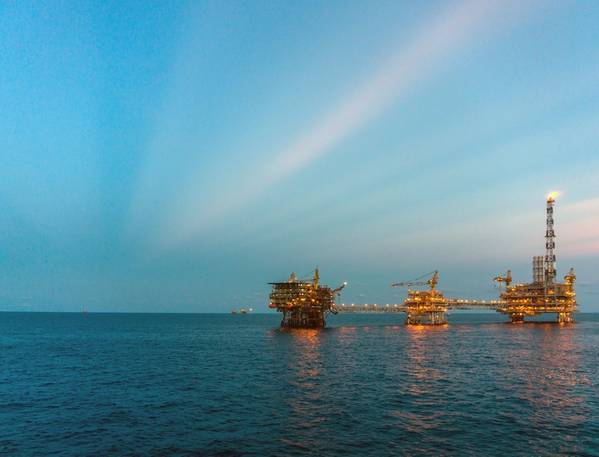
Orcadian Energy has completed the previously announced farm-out of an 81.25% interest in license P2244 in Central North Sea, which contains the Pilot field, to Ping Petroleum UK, which became the operator of the license.
Ping is focused on shallow water offshore production and development opportunities and has a significant acreage holding to the East of Pilot.
With the divestment, Orcadian Energy retains an 18.75% interest in the Pilot field development, fully carried to the first offload of oil produced from the field. Orcadian has no requirement to fund the pre-production development project work program.
As part of the transaction, Orcadian will now receive a $100,000 cash payment and reimbursement of certain past costs capped at around $315,000. Orcadian will also receive a $3 million payment on FDP approval, the company said.
The Pilot project is intended to benefit from the application of polymer flooding technology which is enjoying consistent success on Ithaca’s Captain EOR project.
For medium viscosity oils like Pilot, polymer flooding significantly reduces fluid handling, and hence energy requirements and materially boosts the recovery factor.
Sproule audited the reserves on the Pilot field in 2021 and attributed gross 2P reserves of 78.8 MMbbl to a polymer flood scheme.
To be consistent with Ping’s reserve classification scheme these volumes will be reclassified as 2C Contingent Resources (Development Pending) until the FDP is approved.
The near-term focus of the Ping team will be to select a suitable FPSO and prepare a FDP for submission to the North Sea Transition Authority (NSTA). Orcadian said it will support the Ping team especially on the sub-surface aspects of a draft FDP which has already been reviewed by NSTA.
“The Pilot development is a fantastic opportunity for our new partners, Ping, the UK oil and gas industry more widely, and of course for Orcadian. I am very excited by the prospects for the development and as the major shareholder have facilitated the farm-out by providing a personal guarantee further demonstrating my commitment to Orcadian.
“Heavy, viscous oils make up a high proportion of the UK’s undeveloped discovered resources and we believe that in a post-transition world we will still need hydrocarbons, specifically heavy oils and gas. Heavy oils can supply the lubricants, asphalt, and anode grade petroleum coke markets which will continue to grow even as gasoline and diesel demand falls.
“Application of well proven polymer flooding technology early in a viscous oil development can significantly reduce emissions associated with the production process. Ping has been at the forefront of planning field developments that take advantage of renewable power, and we are confident that Ping can put together a very low emissions development scheme for Pilot,” said Steve Brown, Orcadian’s CEO.